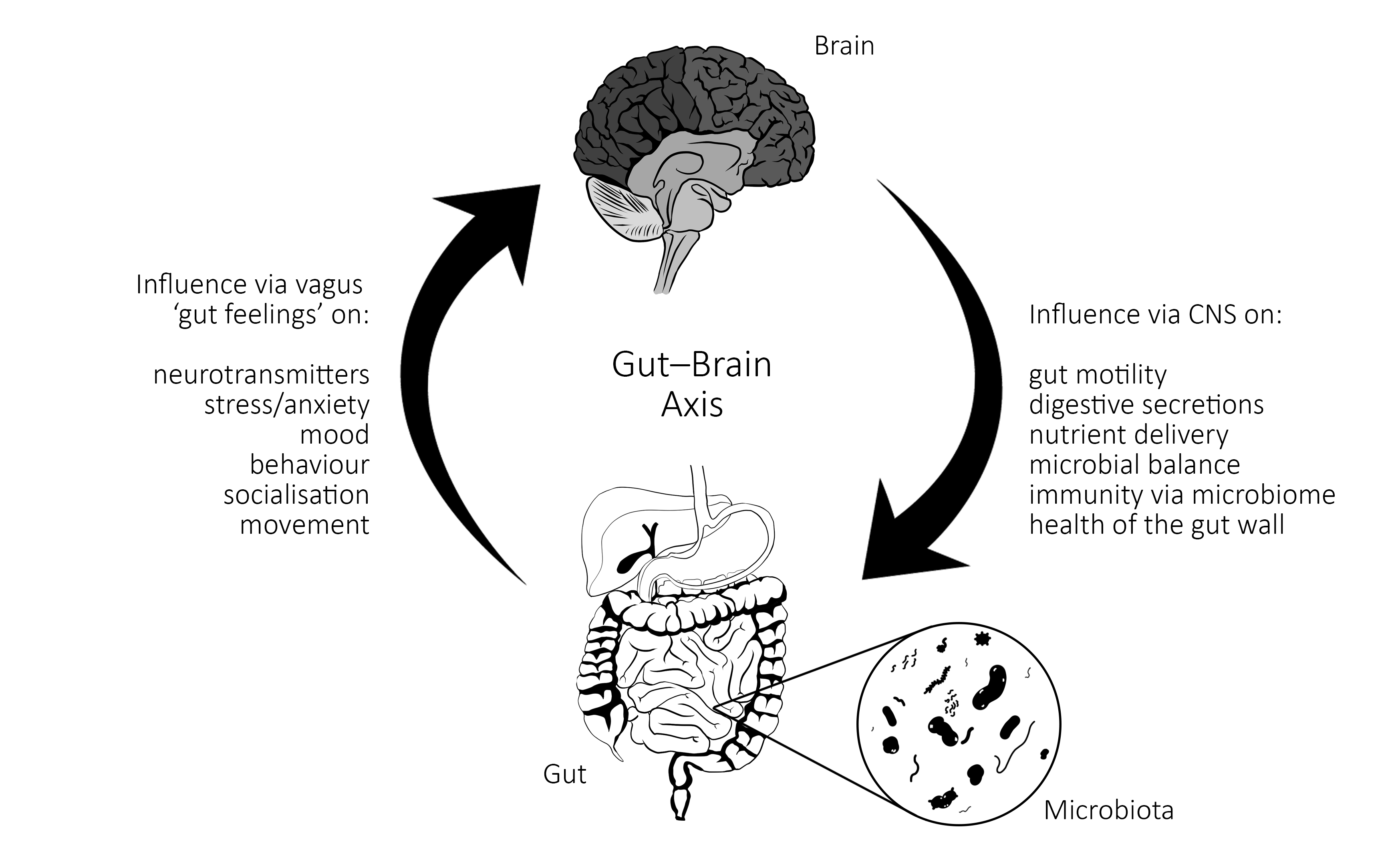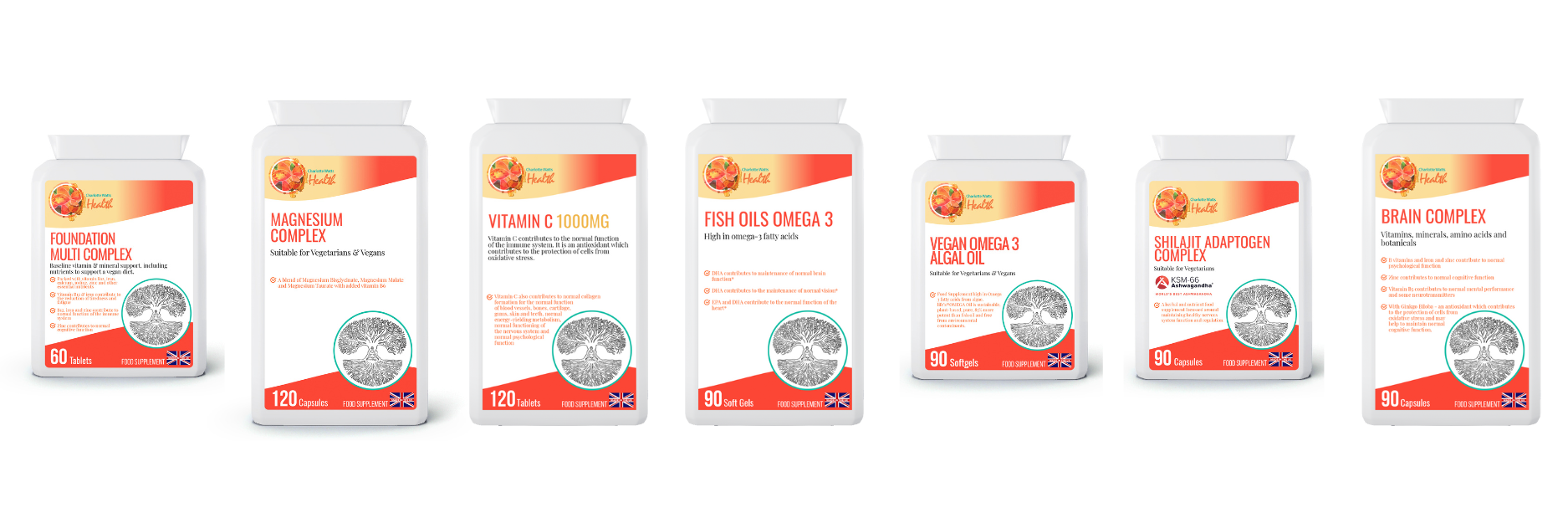Your Microbiome & Whole Health
Aug 07, 2025Nine Foundations of Whole Health
After an amazing 50 Whole Health webinars, it felt like the right time to focus on some key themes and choose nine to thread together the multifactorial ways we can look after our health through nutrition, movement, lifestyle, awareness and self-care.
In this chapter, we explore one of the most essential and evolving aspects of our health - the microbiome. Often overlooked, yet deeply influential, the trillions of microbes that live within and on us are fundamental to how we digest, think, feel and respond to the world.
 Microbiome & Gut Health: The Inner Ecosystem
Microbiome & Gut Health: The Inner Ecosystem
The microbiome is now widely recognised as the foundation of many aspects of health, particularly through its presence in the gut - but also in the skin, lungs, mouth, anus and genitalia. These microbes form the interface between us and the environment, shaping the way we absorb, protect, and interact with the world around us.
We’re not just hosting these microbes - we evolved with them. In fact, microbial cells outnumber our own human cells, and many of our internal systems have become reliant on their presence. Some researchers even refer to the microbiome as an endocrine organ in its own right - one that plays a vital role in hormone regulation across the lifespan.
Changing Microbiome Across Life Stages
The microbiome doesn’t stay the same throughout life. For women especially, it changes significantly across phases - from the fertile years, to perimenopause, and then into menopause - influencing digestion, mood, immunity and more. These shifts are often felt most when we experience changes in resilience or health patterns without a clear external cause.
Our core microbiome is largely established in the first few years of life and is shaped by multiple influences - not just genetics, but also the microbial legacy passed on from our mothers, birth method, breastfeeding, early diet, medications, and environment. These are all considered epigenetic factors - shaping how our genes express themselves in the context of our lived experience.
Gut Health is Not Just Physical
It’s important to understand that our relationship with our microbiome isn’t only biological. How we treat ourselves - through stress management, emotional awareness, movement practices, self-care and the quality of our relationships - all feed back into this ecosystem. Our inner terrain is always responding to the outer world.
This holistic perspective differs from the traditional medical model, which tends to focus on the germ theory - the idea that external pathogens cause disease. In reality, the balance and resilience of our internal environment plays a major role in how we respond to those pathogens in the first place.
Nourishing the Microbiome
From a nutritional perspective, certain foods offer vital support to the gut microbiome. Organic butter, for example, is a rich source of short-chain fatty acids that help nourish gut bacteria. For those following a plant-based diet, coconut oil provides a similar profile – including butyric acid and capric acid, which also appear in human breast milk due to their strong immune-supportive and antimicrobial properties.
These compounds act as both fuel and protection for the microbes that support our immunity, digestion and nervous system balance.
Movement and Microbial Health
Gut health isn’t just about what we eat. Movement and embodied awareness also feed into the microbiome, helping to regulate the nervous system, circulation and lymphatic flow. These practices aren’t separate from digestion - they’re part of the same whole system of communication, restoration and balance.
As with many aspects of health, this is about integration. How we move, feel, eat, think and rest are all interwoven, constantly informing our internal state.
This blog is taken from Chapter 2 of my Nine Foundations of Whole Health Natural Health Webinar, which is available to Whole Health Members.
Discover Whole Health with Charlotte here featuring access to yoga classes, meditations, natural health webinars, a recipe database, supplement discounts and more... you can use the code WH100 to try a month for free, then choose from several pricing options to suit you and cancel anytime you need.
These are the supplements featured in the whole webinar from the Charlotte Watts Health range at the shop site. Click on each nutrient to see it there. Whole Health members receive a 20% discount on all products within the shop. See details on joining Whole Health and everything that includes here.






